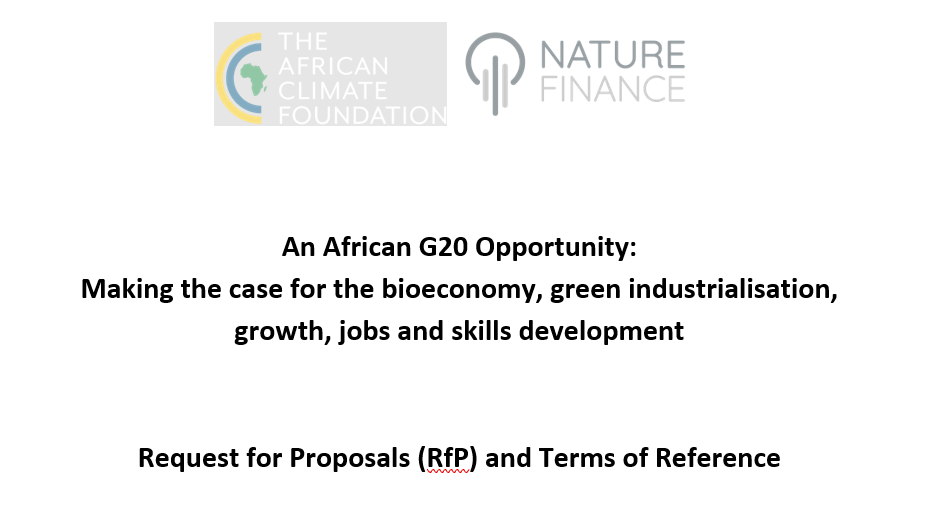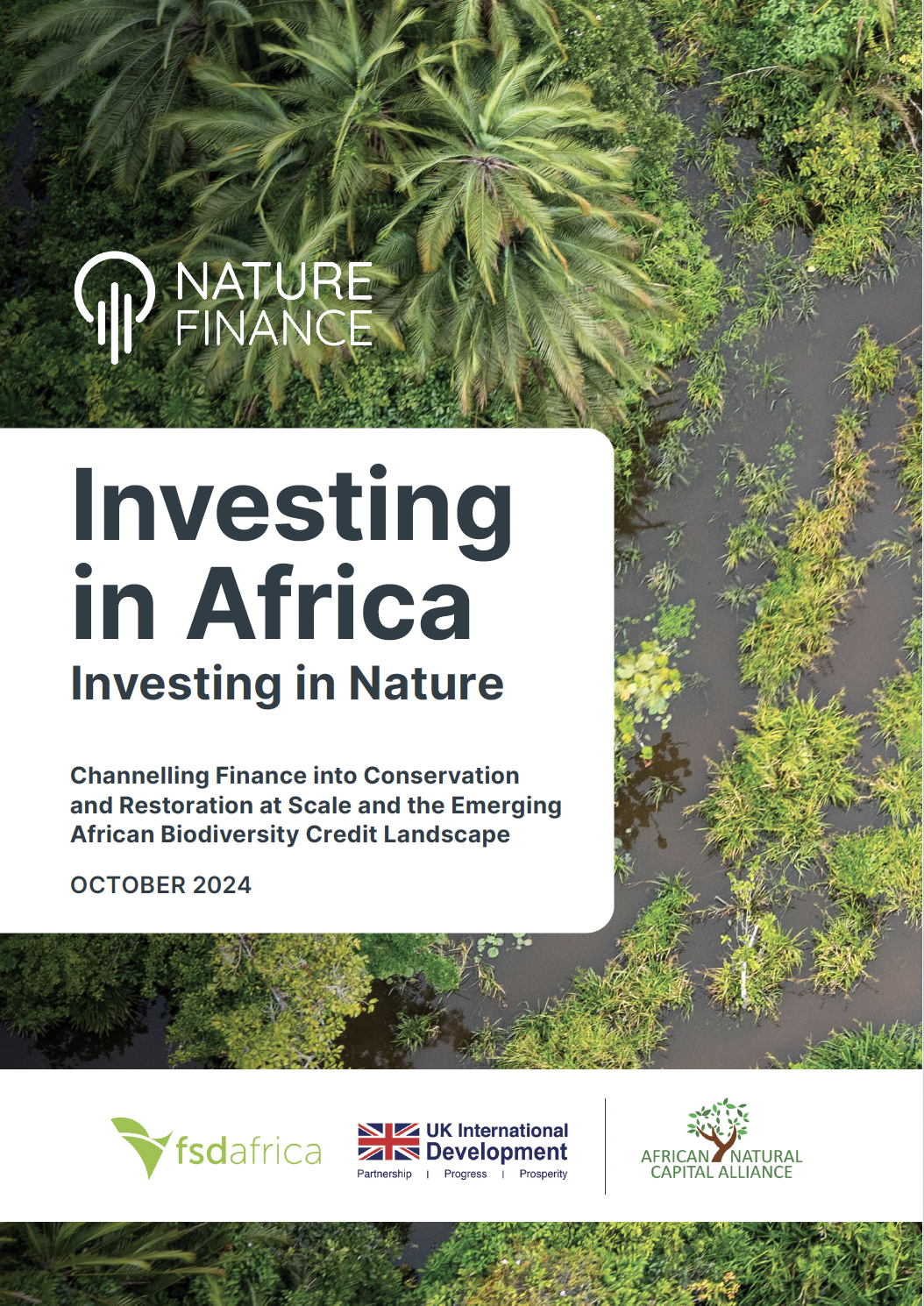Simon Zadek and Alex Barkawi – Radix

Join the discussion on Radix Friday Forum
Finance impacts all aspects of our lives, from our economies to social cohesion to the ecological systems we depend on for our very survival. As a result, the implications of how we govern finance are fundamental, and ultimately existential.
Yet, alarmingly, we are not talking much about the purpose of financial governance, in particular the place of broader societal objectives in the work of central banks and financial supervisors. Quite the reverse, conventional wisdom has progressively focused attention on their roles in delivering a very narrow set of goals. In many, particularly wealthier, countries, this narrowing has resulted in perceiving the pursuit of price stability to be the sole task of the world’s public guardians of global finance.
As we call for in our report, ‘Governing Finance for Sustainable Prosperity’, this must change.
The current approach to financial governance is inadequate, and dangerously so. The narrative that those governing finance are exclusively focused on fighting inflation is oblivious to the challenges the world faces. It is also out of touch with reality.
Central banks and financial supervisors have already started accounting for the fact that the expansive powers they have obtained and the complex world they engage in requires them to move beyond siloed approaches. Growing recognition of the distributional effects of their actions, the role they play in fostering financial inclusion, as well as the contribution they can and should make in addressing environmental threats are cases in point. Moreover, a rapidly changing landscape of finance is moving additional dimensions onto their agendas. The accelerating momentum towards digital currencies and payment systems requires the institutions governing finance to deal with topics, such as data privacy, that were hitherto outside their remits.
The economic fallout from covid brought yet another glaring spotlight on the broader role of financial authorities and the impact they have on all aspects of our lives. Central banks’ US$8 trillion or so bond-buying spree has largely bankrolled the historically unprecedented public stimulus programmes in the face of the pandemic-induced economic meltdown. Likewise, those governing finance have been critical in ensuring that payment systems were in place to transfer emergency cash to households in need, and that corporations were able to secure liquidity and thus jobs to return to after lockdowns.
The purpose of financial governance is in reality already a much broader one than the narrative of a narrow focus on price stability leads to believe. Building on this recognition and further emerging practice in the governance of finance is critical. Central banks and financial supervisors play a vital role in fostering sustainable prosperity. Ensuring that this is made explicit and that the policies they deploy and the rules they set evolve markets towards sustainability is essential.
Such a broader purpose does not rule out defining priorities within mandates and introducing distinctions between primary and secondary goals. Price and financial stability will remain key objectives for central banks worldwide. But the broader objective of sustainable prosperity that these goals underpin must be firmly embedded in their practice.
Harnessing the instruments of financial governance for this broader purpose is urgent. The challenges to social cohesion from persistent unemployment, rising inequality and growing debt levels require rapid and comprehensive responses through all policy levers – including those in the hands of financial authorities. Threats posed by climate change and environmental degradation call for sweeping global action – also from central banks and financial supervisors. And the digital disruption of finance makes concerted governance measures to seize its opportunities and mitigate the risks ever more critical.
Accelerating reforms to build the institutional capacity and accountability for this broader agenda is essential. A granular review of current institutional set-ups to ensure coherence with other policy fields and related provisions in terms of independence and transparency are an important first step in this direction.
Raising cognitive diversity, developing expertise in new fields, expanding interaction with stakeholders, busting silos and establishing processes to foster rapid learning are further measures to take. Bringing new voices to global venues on financial governance and moving international spillovers up both monetary policy and financial regulatory agendas is equally essential.
We have a significant opportunity to come back stronger from the current crisis. Financial governance stands at the core of that. Aligning its purpose, instruments and institutions with the broader objective of sustainable prosperity is vital. First steps in that direction have been taken. Many more must follow. Urgently.
Alexander Barkawi and Simon Zadek’s co-authored report, ‘Governing Finance for Sustainable Prosperity’, can be downloaded here.








